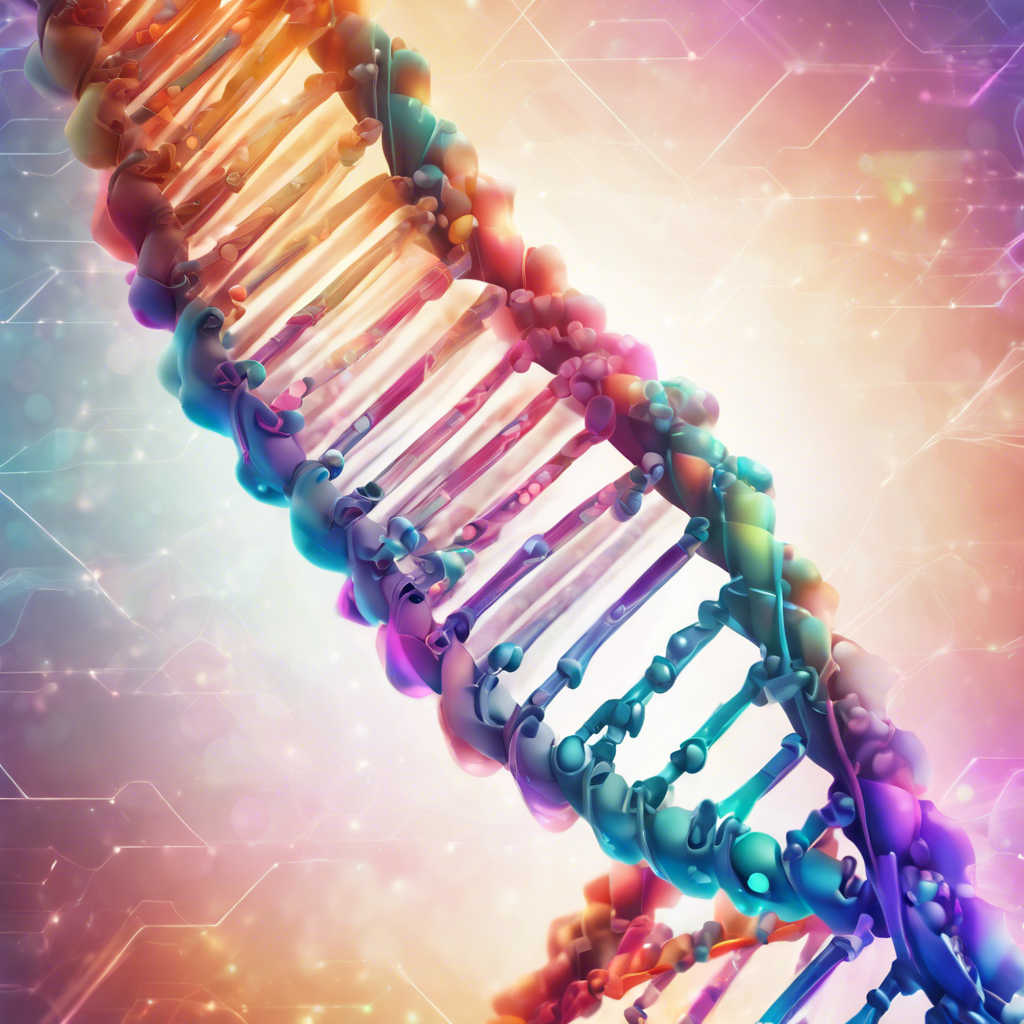
Researchers from Yale School of Medicine, the Jackson Laboratory, and the Broad Institute of MIT and Harvard have developed a new generative AI technique called CODA (Computational Optimization of DNA Activity), aimed at designing novel cis-regulatory elements (CREs). These DNA sequences play a crucial role in regulating neighboring genes by toggling their expression in specific cell types. The ability to control gene expression with precision could significantly enhance gene therapy, especially for conditions like Parkinson's disease and HIV. Published in the journal *Nature* on October 23, the study details how CODA can create synthetic DNA sequences tailored to activate genes only in targeted cells, thereby minimizing potential side effects in healthy tissues—a common issue with earlier gene therapies. The project tackles the challenging task of deciphering the complex "language" of regulatory elements, which differs from the simpler genetic code. Using advanced machine learning techniques, CODA analyzes data from over 775, 000 existing regulatory elements found in human blood, liver, and brain cells.
Initial tests showed that the AI-designed sequences were more effective at targeting specific cells than natural sequences, demonstrating promising results in live models, including zebrafish and mice. The research team aims to expand this approach to develop more specific regulatory elements and combine them with technologies essential for gene therapy. This method offers a potential advantage over natural evolutionary processes in generating functional genetic elements, suggesting that limitless possibilities exist for addressing various genetic diseases. Their work is backed by funding from prominent institutions, including Howard Hughes Medical Institute and the National Institutes of Health.
Revolutionary AI Technique CODA Enhances Gene Therapy


Examining AI ‘hallucinations’ and Sunday’s Gaza blasts Thomas Copeland, BBC Verify Live journalist As we prepare to close this live coverage, here's a summary of today's key stories

The challenge marketers face today is harnessing AI’s potential without compromising sustainability goals—a question we at Brandtech have been exploring with clients and industry peers.

By 2028, it is expected that 10 percent of sales professionals will use the time saved through artificial intelligence (AI) to engage in 'overemployment,' a practice where individuals secretly hold multiple jobs simultaneously.

OpenAI has rapidly established itself as a leading force in artificial intelligence through a series of strategically crafted partnerships with top technology and infrastructure companies worldwide.

A recent study reveals stark differences in how reputable news websites and misinformation sites manage AI crawler access via robots.txt files, a web protocol controlling crawler permissions.

On Saturday, President Donald Trump shared an AI-generated video showing him in a fighter jet dropping what appears to be feces onto U.S. protesters.

Nvidia Corp.
Automate Marketing, Sales, SMM & SEO

and get clients on autopilot — from social media and search engines. No ads needed
and get clients today